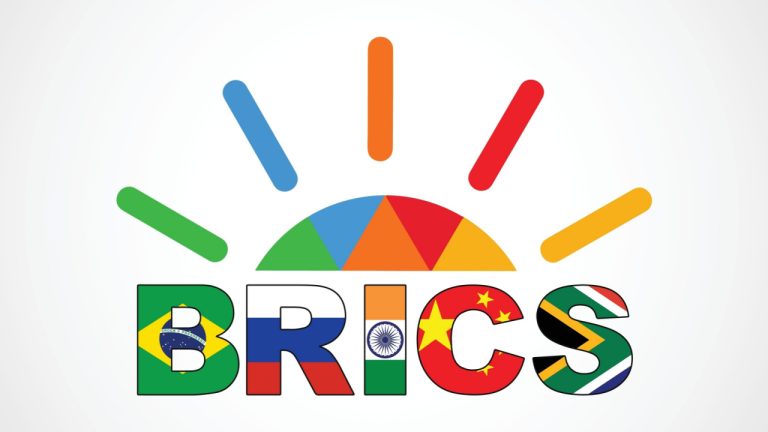Ministry of Economic Development of Russia Pessimistic About Quickly Advancing BRICS Common Currency Proposal

The Ministry of Economic Development of Russia does not expect the rapid development of a common currency for the BRICS bloc. Deputy Economic Development Minister Vladimir Ilyichev stated that “quick breakthroughs” on this issue are unlikely to happen during the ongoing BRICS summit, citing the process the European Union underwent to create the euro.
Ministry of Economic Development of Russia Expects No ‘Quick Breakthroughs’ on a Common BRICS Currency
The Ministry of Economic Development of Russia does not expect rapid decisions or announcements on issuing a common currency of the BRICS bloc, integrated by Brazil, Russia, India, China, and South Africa.
In an interview with CGTN, a Chinese news outlet, Deputy Economic Development Minister Vladimir Ilyichev indicated he was pessimistic about developing such a currency in the short term, even with the size and importance of the BRICS organization. He stated:
The BRICS group’s economy accounts for about 25% of global GDP. In our view, it needs an independent payment tool. Discussions of a BRICS currency are relevant. However, the creation of new currencies and payment tools is never a quick process.
Ilyichev explained that these processes take time, noting that the European Union debated the idea of the euro for years before its issuance.
The bloc’s leaders have been pushing for the de-dollarization of trade and using national currencies in bilateral settlements. Brazil’s President Luiz Inacio Lula da Silva has supported the issuance of a common currency during the ongoing BRICS summit, stating that such a currency would increase the payment options and reduce the vulnerabilities of the countries of the bloc.
Alternative Solutions
While Ilyichev explained that this goal was not likely to be achieved quickly, he also pointed out that complementary solutions could be proposed and adopted instead. He detailed that adopting a basket of currencies, or even an existent fiat currency from one of the BRICS countries could be considered. Also, he mentioned a payment system using the convened currencies would be necessary for making cross-border payments between countries of the bloc.
Ilyichev said that, in the current geopolitical situation, payment systems were affected by political circumstances, with Western countries exerting their influence on them according to their objectives and goals. This is another issue worrying BRICS countries and other nations, including Arab and Southeast Asian countries, Ilyichev stressed.
What do you think about a BRICS common currency for trade settlements? Tell us in the comments section below.
